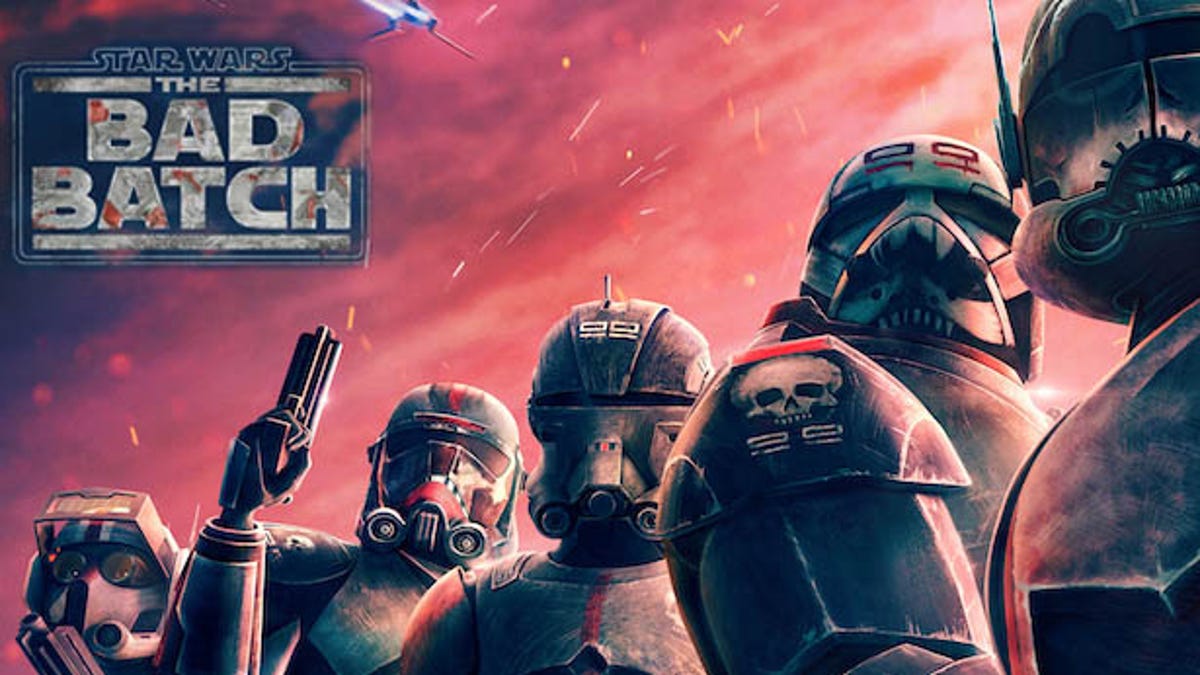Comic Review: Rick and Morty: Go to Hell #5
Overview:
Morty has earned his meeting with the Devil himself. Unfortunately, Satan has another challenge for the poor kid. Opposed with his every sin, Morty must defend his soul if he hopes to leave Hell.
Meanwhile, the rest of his family is stuck in Hell fighting for their lives. Jerry has done good work of turning every soul against Rick and they are doing their part by tearing him apart.
Yet, when Morty is able to defeat the devil’s games, he is granted one wish. Thankfully, this may all just be part of Rick’s plan on how to get them out of this mess.
Our Take:
This five-part standalone comic series wraps up with a bang.
Morty has managed to survive the circles of Hell and landed his appeal with the devil. The lead-up of the entire series was executed with some fun exposition including how Morty’s soul diverted to Hell to begin with, and his argument for why he did not belong. And for an exciting conclusion, Rick transforms into the new lord and ruler over the underworld.
This was by far the most exciting read of the mini-series. But as mentioned in the previous review, the long road to get here lacked purpose. The series, as a whole, could have been done in one great single issue, as the middle few books would have been fine in a few short panels.
There are some disappointments for how things concluded. For one, there is no explanation through the entire series of how everybody died. Maybe at points they alluded to Rick causing some mass-explosion, but that doesn’t sound like the smartest guy in the galaxies. So how did the family end up in the underworld to begin with?
Additionally, a lot of the series was devoted to a storyline involving Jerry inadvertently causing a riot in Hell intending to blame Rick for their circumstances. Nothing comes of the plot. Rick appears at the last minute only to disappear moments later. The problem is never resolved before everything is put back to normal.
There are a few holes left at the end. Characters were introduced early only to never reappear. But more disappointing is the conclusion of Morty and Rick’s differences. Majority of their narrative involved the possibility and probability that Hell was real, and whether they were in it. But at no point does Rick defer or admit to being wrong, even after he became its new ruler.
As a series, I would not recommend Rick and Morty: Go to Hell. There are many other comic book adaptations of these characters that can match the quality and entertainment of the television series. This five-part mini-series tail-ends the recommendations I would make for those looking to read the literary adventures of Rick and Morty.
To be fair, as a singular issue, this was the stand-out piece of the series. If one were to skip the rest of the books and just read this conclusion, it would be better, and likely still make sense. So, it does deserve the recognition of being a good read on its own.























I'm hired!